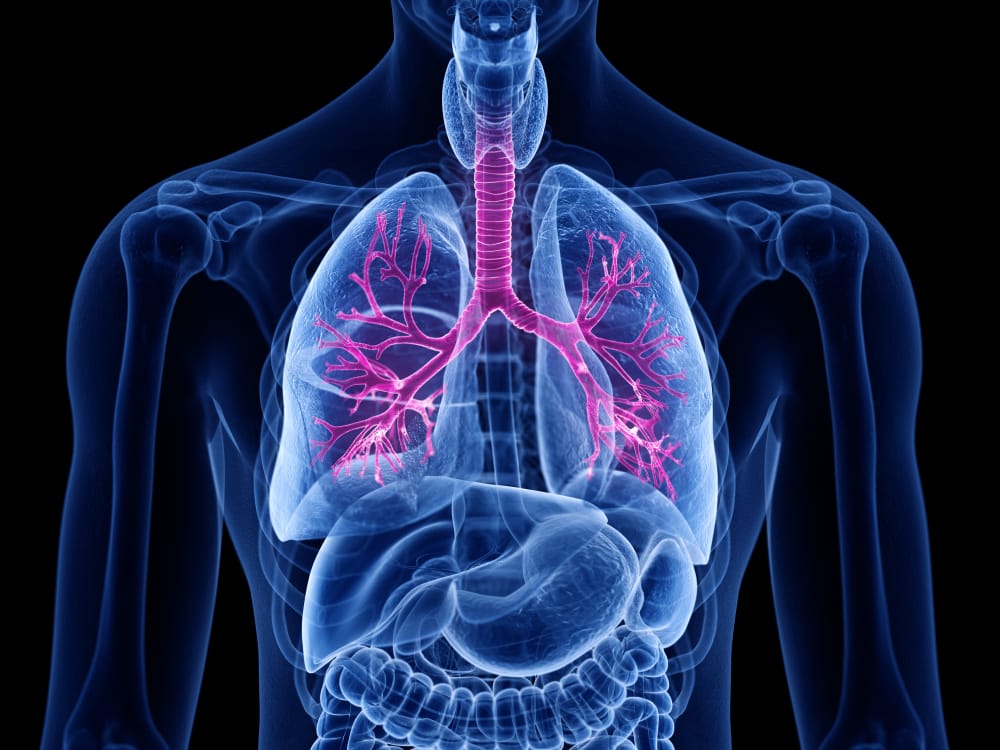Newsletter Signup - Under Article / In Page
"*" indicates required fields
U.S. company Krystal Biotech is set to start a clinical trial for cystic fibrosis after the United States Food and Drug Administration (FDA) accepted its investigational new drug (IND) application.
The gene therapy company will be evaluating KB407, a modified HSV-1 vector carrying two copies of the cystic fibrosis transmembrane conductance regulator (CFTR) gene to the respiratory cells in the lungs.
By inducing expression of full length, normal CFTR protein in the lung, treatment with KB407 has the potential to restore ion and water flow into and out of lung cells to correct the lung manifestations of the disease in patients regardless of their underlying genetic mutation.
“We are excited to advance KB407, our investigational gene therapy for patients with CF, into the clinic. It is designed to treat the root cause of the disease regardless of an individual patient’s mutation by giving the body instructions to produce its own functional protein,” said Hubert Chen, senior vice president of clinical development at Krystal Biotech.
“In addition, this IND acceptance represents an important milestone for us as it allows us to demonstrate the power of our platform to deliver genes, beyond skin cells, to respiratory cells.”
Phase 1 trial overview
The company said it anticipates initiating the clinical trial in 2H 2022.
The phase 1 clinical trial will utilize nebulized administration to deliver KB407 in up to 20 adults with CF. The study will enroll three cohorts sequentially to evaluate ascending doses of KB407. The primary endpoint of the trial will be the safety and tolerability of nebulized KB407. Changes in lung function from baseline will be assessed by forced expiratory volume in one second.
About KB407
KB407 is an investigational, redosable gene therapy designed to correct the underlying cause of CF by delivering two copies of the CFTR gene directly to the airway epithelial cells when delivered via a nebulizer.
By inducing expression of full length, normal CFTR protein in the lung, treatment with KB407 has potential to restore ion and water flow into and out of lung cells to correct the lung manifestations of the disease in patients regardless of their underlying genetic mutation.
About Cystic Fibrosis
CF is a genetic disease, affecting people of every racial and ethnic group, by causing a buildup of mucus in the lungs leading to persistent lung infections and progressive pulmonary disease.
Sources including the Cystic Fibrosis Foundation indicate there are close to 40,000 children and adults living with cystic fibrosis in the U.S., and an estimated 105,000 people diagnosed with CF across 94 countries.
Cystic fibrosis is caused by genetic mutations that result in dysfunctional or absent CFTR protein and is the most common fatal inherited disease in the U.S. Lack of functional CFTR in secretory airway epithelial cells causes dehydrated mucus buildup in the lungs, pancreas, and other organs.
This mucus buildup in the lungs leads to loss of lung function, and eventually, respiratory failure. According to the US Cystic Fibrosis Foundation, the median age at death for patients with CF in the U.S. was 34.1 years in 2020.
Although CFTR modulators are effective in patients with certain CFTR mutations, patients may still experience pulmonary symptoms requiring treatment. Importantly, approximately 10-15% of CF patients harbor genetic mutations that are not expected to be responsive to current therapies and currently have no available disease-modifying treatment options, representing a significant unmet need.






